In my last blog, I began talking about the structural imbalances in the criminal justice system between the government and the accused and the ways the Constitution and courts have devised to attempt to ameliorate that imbalance to the extent possible.
One way is by defining prosecutors role as seeking justice, rather than convictions. Justice, as used here, means scrupulously seeking that the process be fair and defining justice in that way rather than by a result. Sometimes, prosecutors require a reminder, and the 4th District Court of Appeal recently issued one to an Orange County Deputy District Attorney. Since I could not do justice to Justice Bedsworth’s prose, I will simply share with you, dear reader:
Our criminal justice system has only one absolute requirement: the accused must receive a fair trial. As this case demonstrates, prosecutors’ understanding of their burden to provide such a trial is more important than their understanding of the burden of proof. And more demanding.
Judges and juries bear the responsibility of identifying what justice requires. They must decide, through their verdicts and judgments, the outcome of the trial. The prosecutor’s job is to provide them the platform for their decisions by presenting the evidence against the defendant clearly and fairly.
That’s it. When you get right down to it, that’s the whole job of the trial prosecutor: Provide a fair trial.
Enforcing the law, protecting the public, supporting crime victims, any phraseology you choose for other aspects of criminal prosecution are subsets of that one job. It’s not about convictions, it’s not about courtroom mastery, it’s not about prison sentences. And it’s certainly not about won/lost records. It’s about fair trials. Fairness is the sine qua non of the criminal justice system, and no amount of technical brilliance or advocative skill can make up for a failure to provide it.
The National District Attorneys Association phrases it somewhat differently, adding appropriate eloquence, but the focus is – significantly – aspirational; the goal of the prosecutor is phrased not in terms of obtaining convictions but of seeking justice: “The primary responsibility of a prosecutor is to seek justice, which can only be achieved by the representation and presentation of the truth.” (Nat. Dist. Attys. Assn., National Prosecution Standards (3d. ed. 2009), § 1-1.1.)
Human systems are not capable of perfection, so we cannot guarantee the criminal defendant justice, although we seek it in every case. But we can – and have – promised fairness. And the prosecutor’s job is to fulfill that promise.
A prosecutor who gives the defendant a fair trial has completed that task, no matter the outcome. Successful prosecution is defined not by the result, but by the process.
That’s not to say it’s an easy job. It is not. It is suited only to people who are capable of handling exceptional stress, complicated legal issues, and difficult judgment calls. We are fortunate in this state that our legal history has been informed and shaped by ethical and honorable prosecutorial agencies.
But we still encounter cases where a prosecutor has lost sight of the one paramount goal: fairness. That’s a failure. Acquittals are not failures. Unfair trials are.
This is such a case. The prosecutor here took his eyes off the prize just long enough to commit misconduct in a way that requires reversal. We publish that reversal not to pillory him, but as a reminder of the unrelenting vigilance and ethical clarity required daily of prosecutors if they are to fulfill our nation’s promise of a fair trial.
Wow.
Ouch.
Even if you’re a prototypical cocky prosecutor who has spent a career patting yourself on the back for winning convictions on slam dunk cases and securing pleas from defendant’s facing the systemic unfairness of the criminal justice system and draconian penalties that await the loser’s of trials in which the accused exercises their right to put the government to its burden of proof, reading that can not feel good.
It is my sincere hope that every prosecutor in the State of California will read that decision and take some time to reflect on whether they are living up to the idealistic obligations described therein.
That is my hope.
In reality, my prediction is very few will read it and those who do will think the court’s unanimous opinion was misguided and unfair. Because many prosecutors in this state have spent their careers seeing what really matters to their supervisors: winning, convictions, “toughness.” Not fairness, not doing the right thing.
But, hey, I can hope. And maybe if we see a few more opinions like this from the courts, prosecutorial agencies will begin to take notice and actually live up to ideal of what they are supposed to be.

Client Centered Approach

Reputation by Excellence

Experience

Innovative & Determined

You're Not Just Another Client

AVAILABLE FOR YOU NOW
"*" indicates required fields